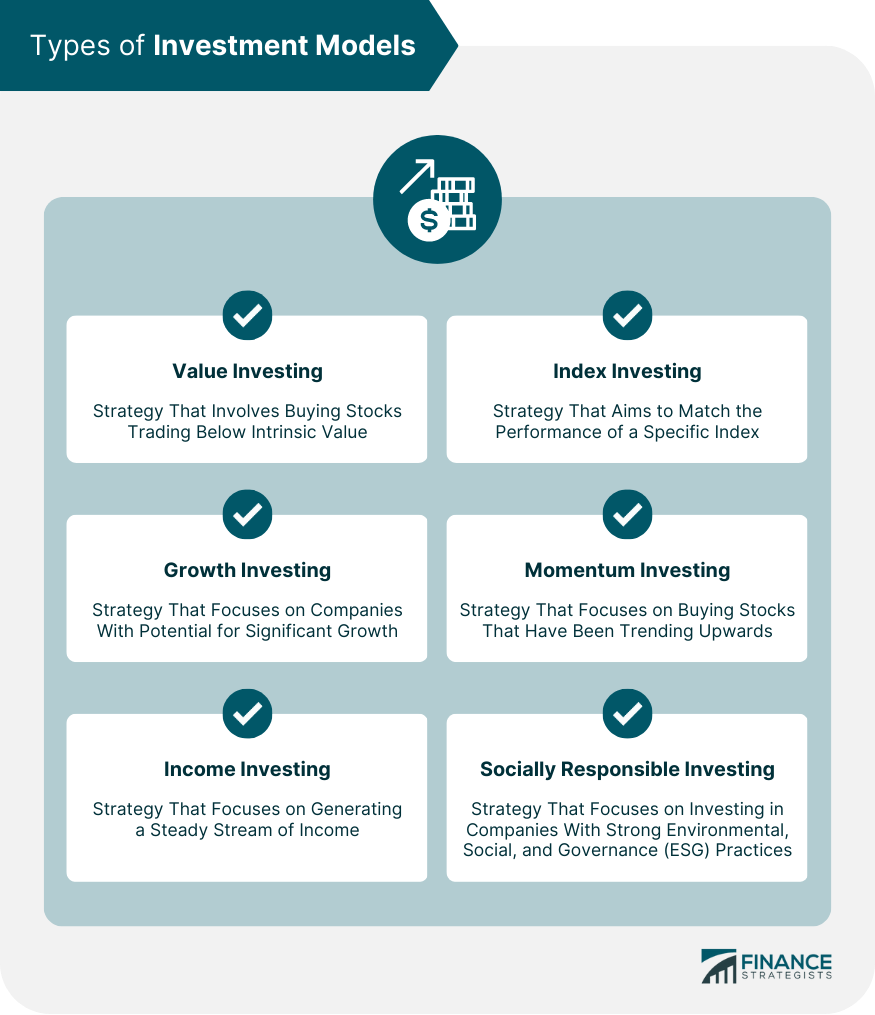Table of Contents
Banks An investment firm is a financial organization primarily took part in holding, taking care of and spending safety and securities. These companies in the USA are managed by the U.S. Securities and Exchange Commission and have to be registered under the Financial Investment Business Act of 1940. Investment companies invest cash in support of their customers who, in return, share in the profits and losses.
:max_bytes(150000):strip_icc()/investing.asp-final-9cbfccbd50344a828ddf1882a2fdc07c.png)
Investment business do not consist of broker agent business, insurance policy business, or banks.
A significant kind of business not covered under the Investment Firm Act 1940 is exclusive investment business, which are simply private companies that make financial investments in stocks or bonds, yet are limited to under 250 capitalists and are not controlled by the SEC. These funds are often composed of extremely wealthy financiers.
This offers specific protections and oversight for investors. Controlled funds normally have restrictions on the kinds and quantities of investments the fund supervisor can make. Normally, regulated funds may only purchase listed protections and no more than 5% of the fund might be invested in a single security. The majority of investment firm are common funds, both in terms of number of funds and properties under management.
Investment Management Companies
The very first investment company were established in Europe in the late 1700s by a Dutch trader who wanted to make it possible for small financiers to pool their funds and branch out. This is where the concept of investment firm stem, as stated by K. Geert Rouwenhorst. In the 1800s in England, "financial investment merging" arised with counts on that looked like modern-day investment funds in framework.
:max_bytes(150000):strip_icc()/income-investment-company.asp-final-7dfd80d1b7244b87bfbd6c179475a48d.png)
Brand-new safety and securities policies in the 1930s like the 1933 Securities Act restored investor confidence.
The act regulates financial investment firm resources, guardianship of properties, transactions with affiliates, and fund board obligations. The Investment Advisers Act of 1940 regulates investment advisers to registered funds and various other huge advisers. It develops enrollment, record maintaining, reporting and other requirements for advisers. The Securities Exchange Act of 1934 regulates trading, trading of protections consisting of investment firm shares. U.S. Securities and Exchange Compensation (SEC).
Mineral Rights Companies
Lemke, Lins and Smith, Guideline of Financial Investment Business, 4.01 (Matthew Bender, 2016 ed.). ACM. 2023.
In retail financial investment funds, hundreds of capitalists might be involved using intermediaries, and they might have little or no control of the fund's tasks or knowledge concerning the identifications of other financiers. The potential number of investors in an exclusive mutual fund is typically smaller sized than retail funds. Personal investment funds often tend to target high-net-worth people, including politically revealed individuals, and fund supervisors may have a close relationship with their client investors.

Easy funds have been growing in their market share, and in some territories they hold a substantial portion of possession in publicly traded companies. There are several classifications for mutual fund. As an example, some are closed-end, indicating they have a fixed number of shares or resources, whilst others are open-end, implying they can become endless shares or resources.
The prices, threat, and terms of derivatives are based on a hidden property, and they enable financiers to hedge a position, boost utilize, or hypothesize on a possession's change in worth. An investor might have both a stock and an option on the same supply that enables them to offer it at a set rate; as a result, if the stock's cost falls, the option still keeps value, minimizing the investor's losses.
Whilst considered, offered the focus of this rundown on the BOT of company vehicles, a full treatment of the beneficial ownership of properties is outside its extent. A mutual fund offers as an avenue to benefit from several assets being held as investments. Financiers can be individuals, business vehicles, or institutions, and there are generally a variety of intermediaries between the investor and financial investment fund as well as in between the investment fund and the underlying financial assets, especially if the fund's systems are exchange-traded (Box 1).
Investment Management Companies
Depending upon its lawful form and framework, the individuals exercising control of a financial investment fund itself can differ from the individuals who own and gain from the underlying assets being held by the fund at any given point, either directly or indirectly. Both retail and private mutual fund typically have fund supervisors or advisors that make financial investment decisions for the fund, picking safeties that align with the fund's objectives and run the risk of resistance.
and function as intermediaries in between capitalists and the fund, helping with the purchasing and marketing of fund shares. They attach investors with the fund's shares and implement professions on their behalf. handle the registration and transfer of fund shares, maintaining a document of shareholders, processing possession changes, and providing proxy products for investor meetings.
Navigation
Latest Posts
Landscape Design Contractor
Investment Management
Investment Company servicing Longview